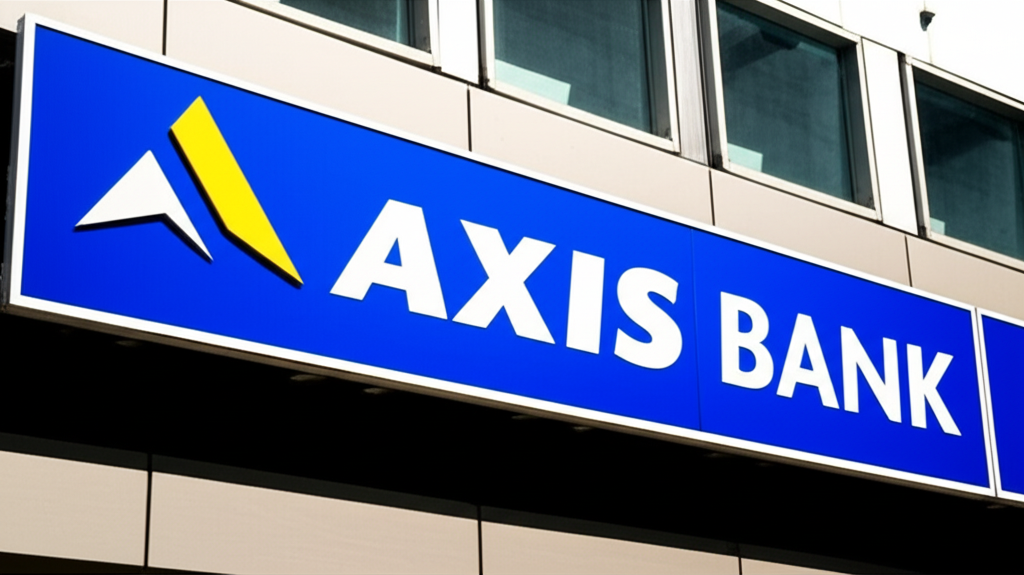Adani Properties secured the contract for the redevelopment of Motilal Nagar in Mumbai, one of the city’s largest housing projects, worth ₹36,000 crore.
Introduction
The Adani Group, a sprawling conglomerate with interests ranging from ports and power to renewable energy and logistics, has made a significant foray into the Mumbai Real Estate market. Adani Properties, a relatively newer arm of the conglomerate, has secured a contract valued at a staggering ₹36,000 crore (approximately US$4.3 billion) for the redevelopment of Motilal Nagar, one of Mumbai’s largest and most ambitious housing projects. This win marks a substantial leap for Adani Properties, catapulting it into the top tier of India’s real estate developers and underscoring the Group’s aggressive expansion strategy. The project’s scale and Adani’s involvement have triggered considerable discussion amongst industry analysts, investors, and the general public, raising questions about the company’s capabilities, the project’s feasibility, and the broader implications for the Mumbai real estate landscape.
Recent Financial Performance
While specific financial details regarding Adani Properties’ standalone performance are limited due to the relative recency of its operations, analyzing the broader Adani Group’s financial health provides context. The Adani Group’s overall financial performance has been marked by significant growth in recent years, driven primarily by its Infrastructure and energy businesses. However, the group has also faced increased scrutiny following reports by Hindenburg Research, which raised concerns about debt levels and accounting practices. While the impact of these allegations on Adani Properties’ direct access to funding for the Motilal Nagar project remains uncertain, it is crucial to note that the group’s overall financial standing and investor confidence play a significant role in the success of this undertaking. A thorough independent audit of Adani Group’s financial statements, should one be conducted and its findings made public, will be crucial to assess the long-term financial health of the group and its ability to handle the financial commitments involved in this massive project. Accessing these reports and other relevant financial documents is necessary for a comprehensive understanding of the company’s financial health.
Market Trends and Industry Analysis
The Mumbai real estate market, despite periodic fluctuations, remains a highly attractive Investment destination. The city’s burgeoning population, strong economic activity, and limited land availability have driven up property prices and fuelled demand for high-quality housing. The redevelopment of existing structures, like Motilal Nagar, presents a significant opportunity to address the housing shortage and leverage existing infrastructure. However, the industry faces challenges, including regulatory hurdles, land acquisition complexities, and rising construction costs. The success of the Motilal Nagar redevelopment will significantly depend on Adani Properties’ ability to navigate these challenges efficiently and effectively. Comparative analysis with other large-scale redevelopment projects in Mumbai, examining their timelines, cost overruns, and overall success rates, will provide valuable insights into the potential risks and rewards associated with this endeavor. Studying the performance of established players in the Mumbai real estate market can help contextualize Adani Properties’ entry and its competitive position.
Sentiment Analysis of News Headlines
Initial media coverage of Adani Properties winning the Motilal Nagar contract has been mixed. While some outlets highlighted the project’s scale and potential impact on Mumbai’s housing landscape, others have focused on the Adani Group’s recent controversies and expressed concerns regarding potential financial risks. Analyzing sentiment from news headlines and articles across various publications using Natural Language Processing (NLP) tools can help quantify the overall public perception. A positive sentiment would suggest strong investor confidence and facilitate easier access to funding for the project. Conversely, a negative sentiment could hinder fundraising efforts and potentially lead to delays or cost overruns. Tracking the evolution of media sentiment over time will be crucial in gauging the project’s public acceptance and investor confidence.
Regulatory and Macro-Economic Factors
The project’s success hinges significantly on the regulatory environment and the broader macroeconomic conditions. Obtaining necessary approvals and clearances from various government agencies is critical, and any delays or obstacles could impact project timelines and costs. Moreover, fluctuations in interest rates, inflation, and raw material prices will affect the project’s financial viability. Analyzing government policies related to real estate development in Mumbai, including zoning regulations, building codes, and environmental clearances, is paramount. Macroeconomic indicators such as inflation, interest rates, and GDP growth will provide insights into the overall economic health and investment climate, which directly affects real estate projects. Any significant policy changes or economic downturns could pose challenges to the successful completion of the Motilal Nagar redevelopment.
Risk Factors
Several key risk factors are associated with this massive undertaking. Firstly, the sheer scale of the project presents logistical and management challenges. Coordination amongst various contractors, adherence to stringent timelines, and efficient resource allocation are crucial for successful execution. Secondly, cost overruns are a common challenge in large-scale construction projects. Unforeseen circumstances, rising material prices, or labor disputes could significantly impact the project’s budget. Thirdly, the Adani Group’s recent controversies and their potential impact on investor confidence and access to funding pose a significant financial risk. Finally, unforeseen regulatory hurdles or changes in government policies could disrupt the project’s progress. A comprehensive risk assessment should be conducted, considering potential mitigation strategies for each identified risk factor. This assessment should include detailed cost analyses, contingency planning, and robust risk management protocols.
Future Outlook
The successful completion of the Motilal Nagar redevelopment project could significantly enhance Adani Properties’ reputation and market position. It would demonstrate the company’s capabilities in handling large-scale projects and solidify its presence in the Mumbai real estate market. However, the project also carries significant risks. Failure to meet deadlines, cost overruns, or negative publicity could damage the company’s image and impact future opportunities. The long-term outlook depends heavily on several factors: the company’s ability to manage the project effectively, the stability of the macroeconomic environment, the regulatory landscape, and the sustained confidence of investors. Continuous monitoring of these factors, including detailed progress reports on construction and financial performance, is crucial to accurately assess the long-term implications of this undertaking.
Recommendations for Investors
Investors should approach this development with caution, given the inherent risks associated with large-scale real estate projects and the uncertainties surrounding the Adani Group’s recent controversies. A thorough due diligence process is crucial before making any investment decisions. This should include an in-depth review of Adani Properties’ financial statements (once publicly available), the project’s detailed feasibility study, and a comprehensive risk assessment. Diversification of investment portfolios is also advisable to mitigate potential risks. Investors should closely monitor the project’s progress and the evolution of the regulatory and macroeconomic landscape. Regular updates on the project’s financial performance and any unforeseen challenges should be carefully examined before adjusting investment strategies accordingly. Independent analysis from reputable financial institutions should be sought to inform investment decisions, ensuring a balanced and well-informed perspective.
**(Note: This article provides a general analysis based on publicly available information. It is not financial advice. Investors should conduct their own thorough research and consult with financial advisors before making any investment decisions.)**















0 Comments